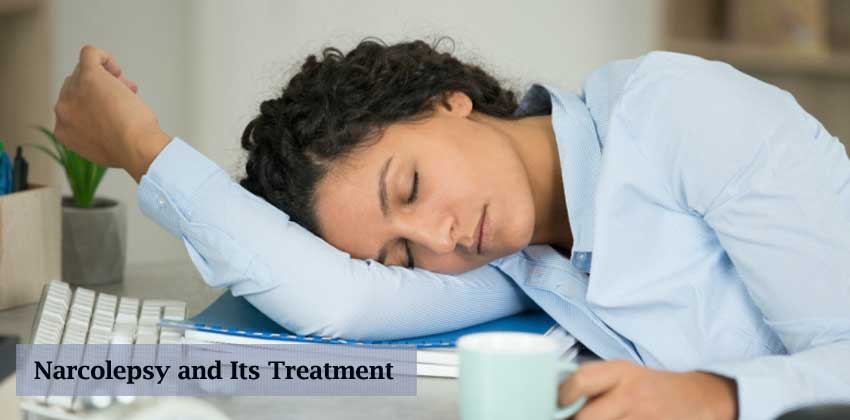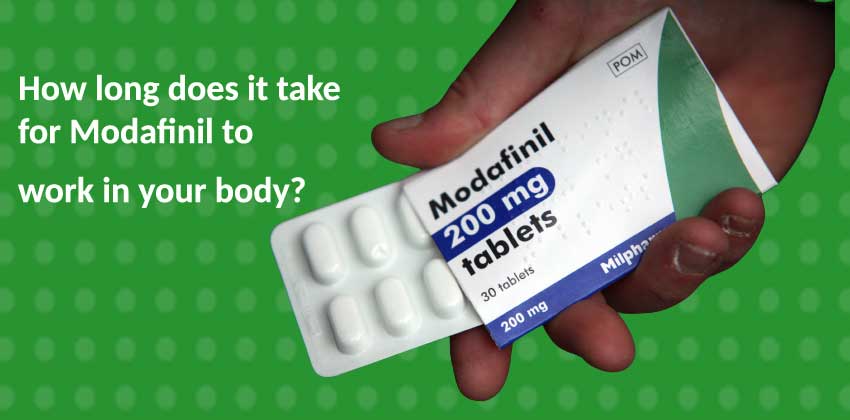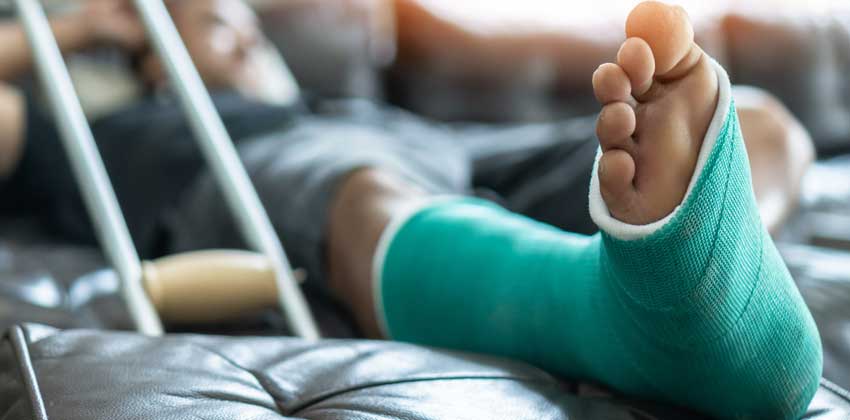-
Choose Store:


- Track Your Order
- My Account
- My Wishlist
- Log In
What are the best muscle relaxants for treating every type of pain?

Several musculoskeletal conditions often lead to the problem of cramping muscles, tension, or muscle spasms. When your skeletal muscles start contracting reluctantly and are not able to relax, you suffer from muscle spasticity.
While suffering from musculoskeletal conditions, you can experience symptoms like mild discomfort to intense and even severe pain. When you suffer from musculoskeletal conditions, the doctor generally recommends muscle relaxers.
Muscle relaxers are prescription medicines that effectively treat muscle-related symptoms such as spasms and spasticity. Nowadays, you can find a number of muscle relaxers and each of them works differently.
Before using these medicines, it is vital to discuss all the risks and benefits with your doctor. When you suffer from mild symptoms of muscle spasms, the doctor can recommend over-the-counter medicines like Advil, or Aleve.
These medications can provide you relief at home itself and save you money & time from an appointment with the doctor. Though depending upon your severity, you might require to take skeletal muscle relaxants and treat muscle spasms that cannot be cured at home.
In this blog, you will come across the most commonly prescribed muscle relaxants by doctors.
What do you mean by muscle relaxants?
Muscle relaxants are a group of medicines that come with sedative effects, musculoskeletal relaxant properties, and central nervous system depressants. These medicines work by reducing muscle spasms which can make you suffer from serious pain and limit movement.
Doctors usually prescribe a muscle relaxant to decrease pain, reduce muscle spasticity, and improve muscle movement. There are numerous muscle-relaxing medicines available to treat your pain conditions. The most commonly prescribed medicines include baclofen, diazepam, tizanidine, and metaxalone.
You need to know some of these medicines work on your central nervous system and inhibit the activity between your nerve signals in the brain as well as the spinal cord.
Muscle relaxants offer a muscle-relaxing effect by restricting your nerve activity. This further reduces discomfort and pain which is caused by muscle spasms.
Other skeletal muscle relaxants like oral dantrolene and Botulinum toxin work directly on your muscles and provide relief.
What conditions can be treated with muscle relaxants?
Muscle relaxants are effective in treating muscle spasticity. The condition of muscle spasticity is caused by conditions like multiple sclerosis, cerebral palsy, and stroke.
The FDA has approved three muscle relaxants including tizanidine, baclofen, and dantrolene for treating muscle spasticity. Botulinum toxin is also approved for treating several medical conditions that affect the functions of your body.
Muscle relaxants are also effective in treating skeletal muscle spasms like cramping, tension, or involuntary contractions. They treat muscle spasms that are caused by conditions like tension headaches, acute low back pain, and fibromyalgia.
To reduce muscle spasms, doctors prescribe muscle relaxants like methocarbamol, metaxalone, cyclobenzaprine, and orphenadrine. In case, other treatments fail, the doctor can also prescribe you a centrally-acting muscle relaxant to treat your muscle spasms condition.
Muscle relaxants treat several other conditions as well like Parkinson’s disease, seizure disorders, or alcohol withdrawal.
Popular muscle relaxants
Although there are several muscle-relaxing medicines, below-stated are the most popular ones:
Baclofen
Baclofen belongs to a class of medicines called skeletal muscle relaxants. This medicine treats chronic neurogenic conditions which make you suffer from spasticity.
Problems related to muscle tightness or spasms can be treated with Baclofen effectively. You can find Baclofen in both tablet and liquid form. It is prescribed to people above the age of 12 years.
Carisoprodol
Carisoprodol 150mg is a prescription medicine used to relax muscles and relieve pain. It blocks the sensation of pain between the nerves and the brain.
It is recommended to use Carisoma for a shorter period of time, such as two or three months. There is no research or study showing it is more effective for long-term use.
Taking this medicine with or without food is recommended. Soma medicine can be habit-forming so avoid long-term use for safety and precautions.
The side effects of this medicine include drowsiness, dizziness, and headaches.
Diazepam
Diazepam is a sedative that treats the problem of anxiety, seizure disorders, and alcohol withdrawal. It is also good at reducing back pain and muscle spasms by decreasing your nerve activity. Doctors recommend Diazepam only for short-term use because it can be habit-forming.
This drug is also not prescribed for pregnant women or breastfeeding women. You can find Diazepam in different forms like rectal gel, injection, tablet, and liquid.
Chlorzoxazone
Chlorzoxazone is a skeletal muscle relaxant that most doctors prescribe to provide relief from acute muscle strains. Doctors do not prescribe this medicine to people suffering from liver disease. By acting on your central nervous system, Chlorzoxazone relaxes your muscles.
You can find this medication in tablet form. However, this drug is not safe for women during pregnancy.
Metaxalone
Metaxalone is an effective muscle relaxant that is present in both tablet and injection forms. It targets your pain and muscle spasms that might be caused by strains, sprains, and muscle injuries.
If you are a diabetic patient then remember Metaxalone can affect your glucose tests. This medicine is not prescribed to people having anemia problems, liver disease, or kidney disorders. Pregnant women must not take this drug as it is not safe for them.
Tizanidine
Tizanidine is a skeletal muscle relaxant that treats spinal cord injuries and autoimmune conditions. It can be taken during pregnancy and comes in both tablet or capsule form.
This medicine will absorb differently in your body depending upon whether you take it with food or on an empty stomach. In case, you suffer from liver disease or take fluvoxamine or ciprofloxacin, do not take Tizanidine strictly.
Which muscle relaxants are considered best for back and neck pain?
Skeletal muscle relaxants such as cyclobenzaprine, methocarbamol, and carisoprodol work effectively in treating the pain in your back and neck.
However, other medicines can also work better in relieving your neck and back pain than muscle relaxants. For muscle spasms and muscle pain, the first line of treatment is over-the-counter medicines such as Tylenol and nonsteroidal anti-inflammatory medications like naproxen & ibuprofen.
Just like other medications, muscle relaxants also come with a few side effects. Dizziness is one common side effect that is caused by muscle relaxants.
People believe that taking an OTC pain reliever and muscle relaxant together at night can offer you maximum benefits. You can get relief from sleep problems and also decrease daytime drowsiness.
So, before you decide to buy any muscle relaxants for treating the pain, make sure to consult the doctor.






